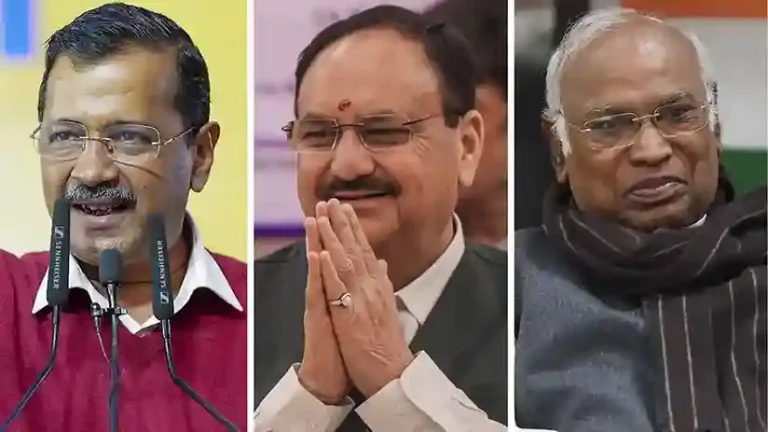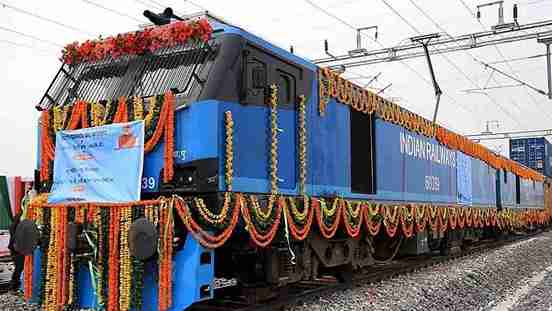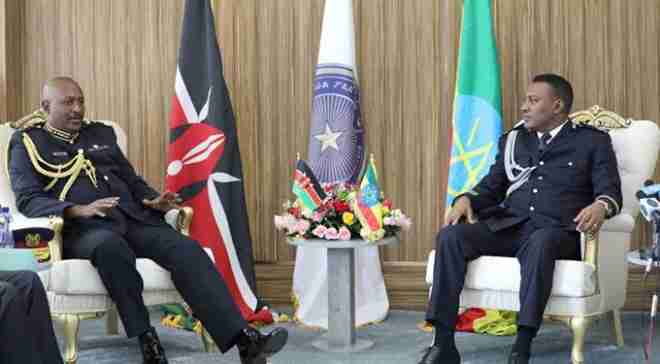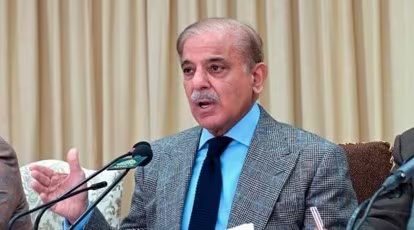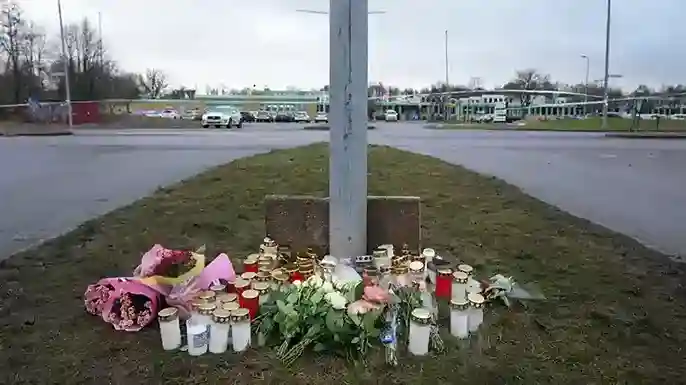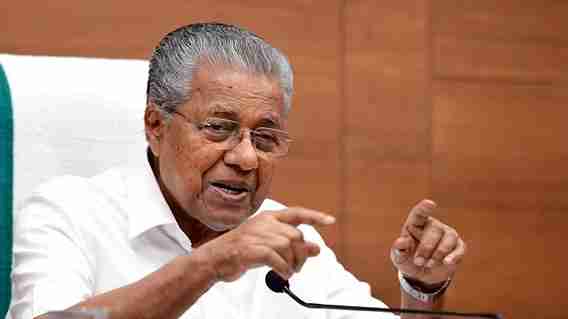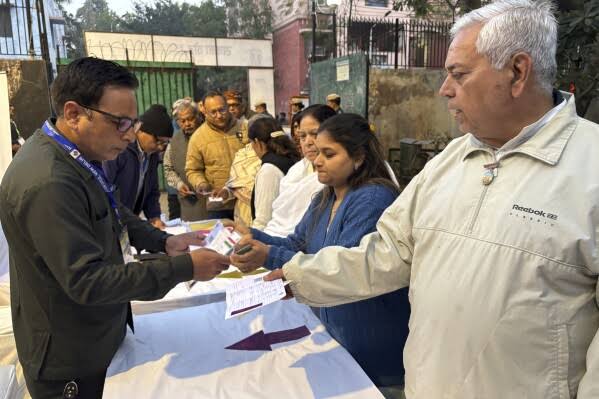New Delhi: As the dust settles after the Delhi Assembly elections, Delhi Assembly Election Exit Polls are signaling a likely victory for the Bharatiya Janata Party (BJP), suggesting a potential end to the Aam Aadmi Party (AAP) regime in the national capital. The polls indicate that the BJP, after a sustained campaign and strategic outreach, could reclaim control of the Delhi Assembly. However, AAP has strongly rejected these predictions, recalling the miscalculations made during the 2020 elections.
According to the Delhi Assembly Election Exit Polls, the BJP is poised to make significant gains, with analysts predicting that the party could win a majority or at least come close to it in the 70-member Delhi Assembly. The BJP’s campaign, which centered on issues such as national security, infrastructure development, and law and order, appears to have resonated with voters, many of whom expressed dissatisfaction with the AAP’s governance over the past years.
Despite the apparent lead indicated by the Delhi Assembly Election Exit Polls, AAP has refused to accept the forecasts, pointing to the inaccuracy of exit polls during the 2020 elections. In that election, the exit polls had predicted a much closer contest, but AAP defied expectations by securing a resounding victory with a landslide majority. The party leadership, led by Delhi Chief Minister Arvind Kejriwal, has been vocal in dismissing exit polls, calling them unreliable and stressing that the true outcome will be revealed only when the official results are declared.
AAP’s argument hinges on the unpredictability of voter sentiment and the changing dynamics of Delhi’s electorate. Party spokespersons have emphasized that the BJP’s predictions are premature, and they are confident that AAP’s work in areas like education, healthcare, and infrastructure development will result in continued support from Delhi voters.
The BJP, on the other hand, has adopted a more cautious tone, acknowledging that while the exit polls are favorable, they are not taking anything for granted. The party has vowed to continue its campaign until the very end, keeping a close eye on polling trends and remaining hopeful that its efforts to challenge AAP’s dominance will bear fruit.
Political analysts, however, suggest that while Delhi Assembly Election Exit Polls are often a useful barometer, they cannot always capture the full range of political sentiment, particularly in a city like Delhi, which has a highly diverse and politically active electorate. The outcome of the election could still be swayed by last-minute shifts in voter behavior, demographic trends, and other unpredictable factors.
In the final days leading up to the official count, both parties have intensified their efforts to sway undecided voters, with BJP focusing on portraying itself as the only viable alternative to AAP’s governance, while AAP highlights its achievements and promises to continue improving the capital’s infrastructure and services.
The Delhi Assembly Election Exit Polls point to a possible shift in Delhi’s political landscape, but as the AAP has learned in the past, predictions are not always reliable until the ballots are counted. The real test will come when the official results are declared, and the fate of both parties is sealed.

